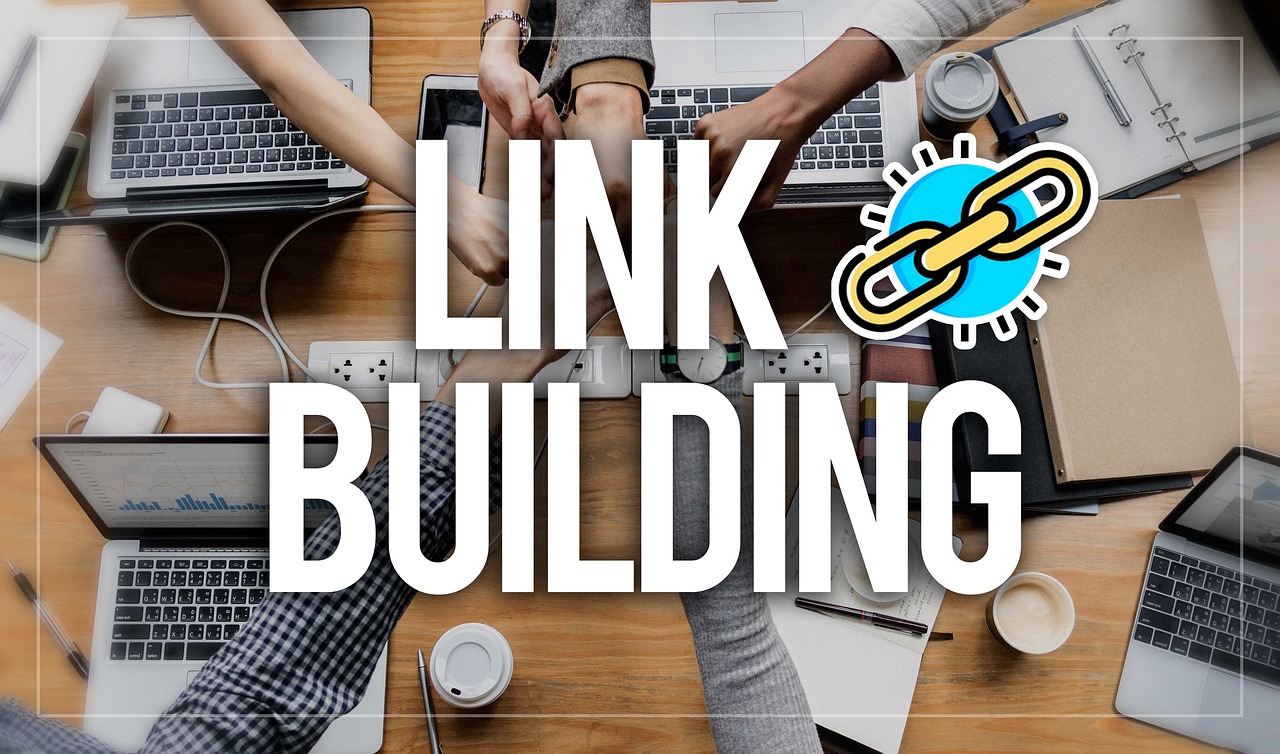
On-page seo is a fundamental aspect of search engine optimization (seo) that involves optimizing various elements of a web page to improve its visibility and ranking in search engine results pages (SERPs). By implementing key on-page seo techniques, website owners and marketers can significantly increase their chances of attracting organic traffic and achieving their online goals. In this article, we will explore the key elements of on-page seo that you should know to optimize your website for search engines.
Content Optimization
Content optimization is perhaps the most crucial on-page seo factor. It involves creating high-quality, engaging, and informative content that is relevant to your target audience and optimized for search engines. Here are some content optimization elements to consider:
- Keyword Research: Conduct in-depth keyword research to identify the most relevant keywords and phrases that your target audience uses to search for information related to your industry or business. Incorporate these keywords naturally throughout your content, including in the title, headings, body paragraphs, and meta tags.
- Title Tags: Craft unique and descriptive title tags for each web page, including the primary keyword. Keep the title tag length within the recommended character limit (usually around 50-60 characters) to ensure they appear fully in the SERPs.
- Meta Descriptions: Write compelling meta descriptions that summarize the page’s content and entice users to click. While meta descriptions do not directly impact search rankings, they can significantly influence click-through rates (CTR) from the SERPs.
- Header Tags: Use header tags (H1 to H6) to structure your content and indicate its hierarchy. The H1 tag should typically be reserved for the page’s main title, while the other header tags can be used for subheadings.
- Keyword Density: Maintain an appropriate keyword density in your content, ensuring that the keywords appear naturally without overstuffing. Aim for a keyword density of around 1-2%, but focus more on creating informative, user-friendly content.
Page Speed Optimization
Page speed is a crucial factor not only for user experience but also for search engine rankings. Here are a few elements to consider when optimizing your website’s page speed:
- Image Optimization: Compress and optimize images to reduce their file sizes without compromising the visual quality. Use appropriate image formats (JPEG, PNG, GIF) and specify image dimensions to enhance loading speed.
- Minify Code: Minify your HTML, CSS, and JavaScript files by removing unnecessary characters, whitespace, and comments. This helps reduce the file sizes, resulting in faster loading times.
- Caching: Implement browser caching to store static files on users’ devices, reducing the need to reload the entire web page on each visit. Caching significantly improves page load speed for returning visitors.
URL Structure and Optimization
A well-structured URL not only provides essential information to search engines but also enhances the user experience. Here are some URL optimization considerations:
- URL Structure: Create clean, descriptive, and user-friendly URLs that include relevant keywords whenever possible. Avoid using dynamic URLs with long query strings, as they are less user-friendly and may impact seo.
- Canonical Tags: Use canonical tags to indicate the preferred version of a page if you have multiple URLs with similar content. Canonical tags help consolidate link equity and prevent duplicate content issues.
FAQs (Frequently Asked Questions)
1. What is the difference between on-page and off-page seo?
On-page seo refers to optimizing the various elements on your website to improve its visibility in search engine results pages. It involves optimizing content, meta tags, header tags, URL structure, and other on-page elements. On the other hand, off-page seo involves activities outside your website to improve its online reputation, such as link building, social media marketing, and online reputation management.
2. Is on-page seo more important than off-page seo?
Both on-page and off-page seo are crucial for a comprehensive seo strategy. On-page seo helps search engines understand your website, its content, and relevance to user queries. Off-page seo, on the other hand, helps search engines determine the authority, credibility, and popularity of your website. Both aspects work together to improve your website’s visibility, so it’s essential to implement both strategies effectively.
3. How often should I update my on-page seo elements?
On-page seo elements should be periodically reviewed and updated to stay relevant and competitive. It is recommended to conduct regular seo audits and analyze your website’s performance to identify areas for improvement. As search engine algorithms and user preferences evolve, staying up-to-date with the latest seo best practices can help ensure your website’s success in the long run.
4. Can on-page seo guarantee top rankings in search results?
No, on-page seo alone cannot guarantee top rankings in search engine results. While optimizing your website’s on-page elements is essential, search engine ranking algorithms consider numerous other factors, including off-page seo, website authority, backlinks, user experience, and more. It requires a holistic approach and constant monitoring to improve your website’s overall seo performance and achieve higher rankings.
5. Is it necessary to hire an seo professional for on-page optimization?
While you can certainly optimize your website’s on-page elements yourself, hiring an experienced seo professional can provide several advantages. seo professionals are well-versed in the latest industry trends and best practices and can help identify specific areas for improvement tailored to your website. They can also provide valuable insights, perform in-depth keyword research, and guide you in implementing advanced seo strategies to maximize your website’s potential.
In conclusion, on-page seo plays a critical role in establishing a strong online presence and boosting your website’s visibility in search engine results. By optimizing content, page speed, URL structure, and other on-page elements, you can enhance the user experience, attract organic traffic, and improve your website’s chances of ranking higher in search results.





